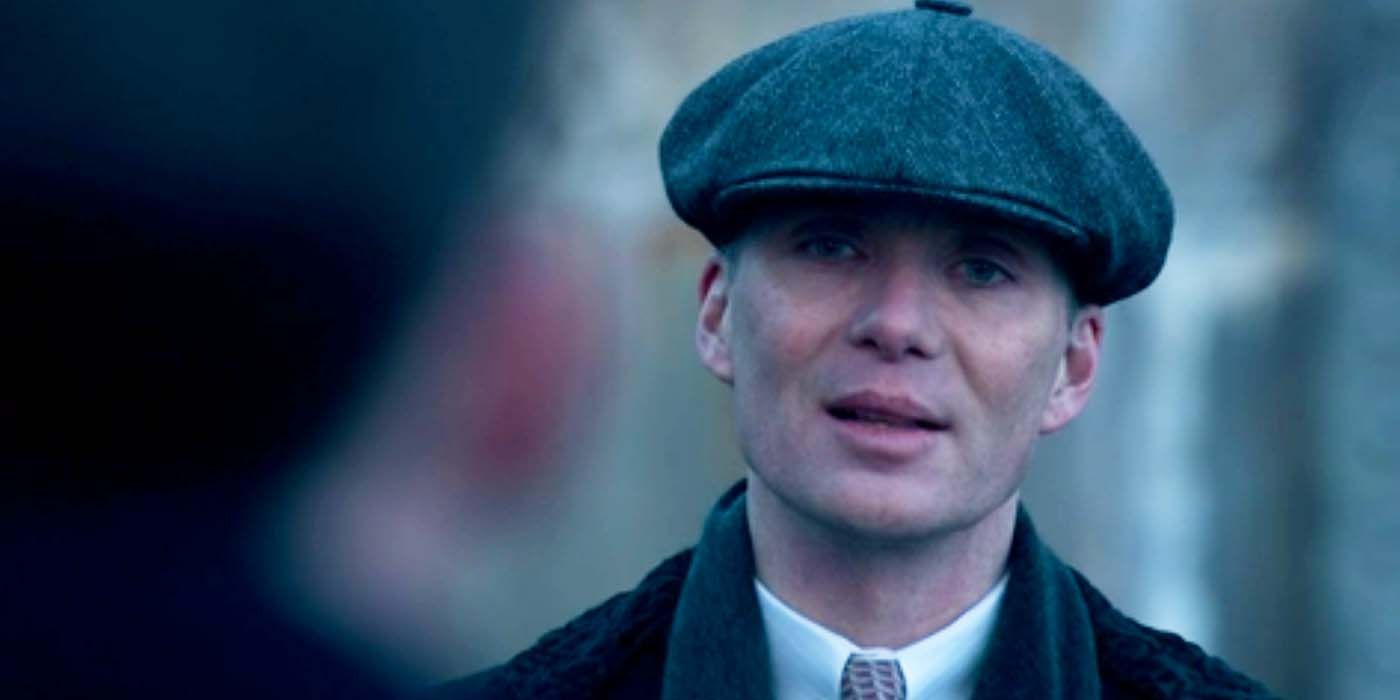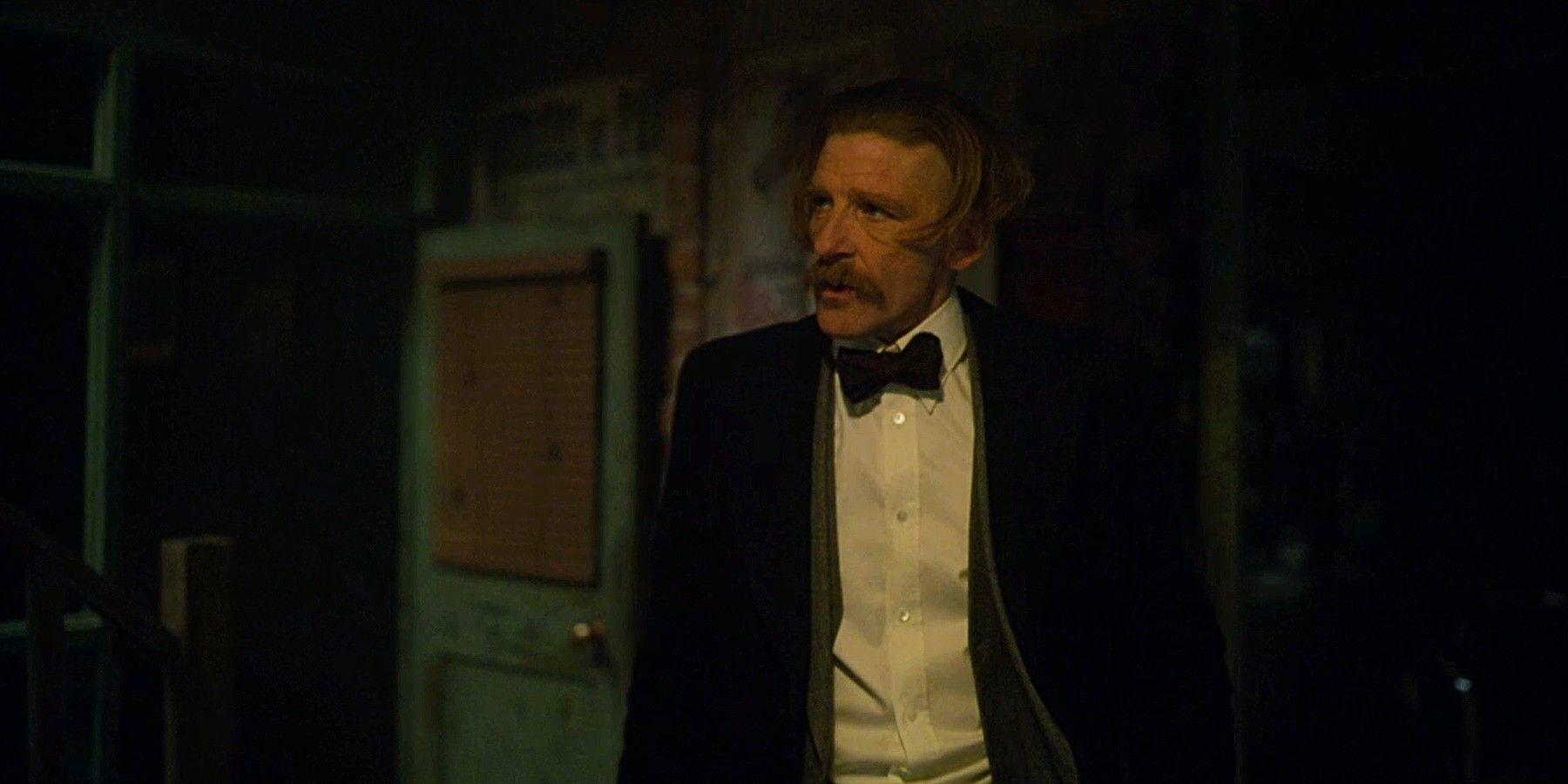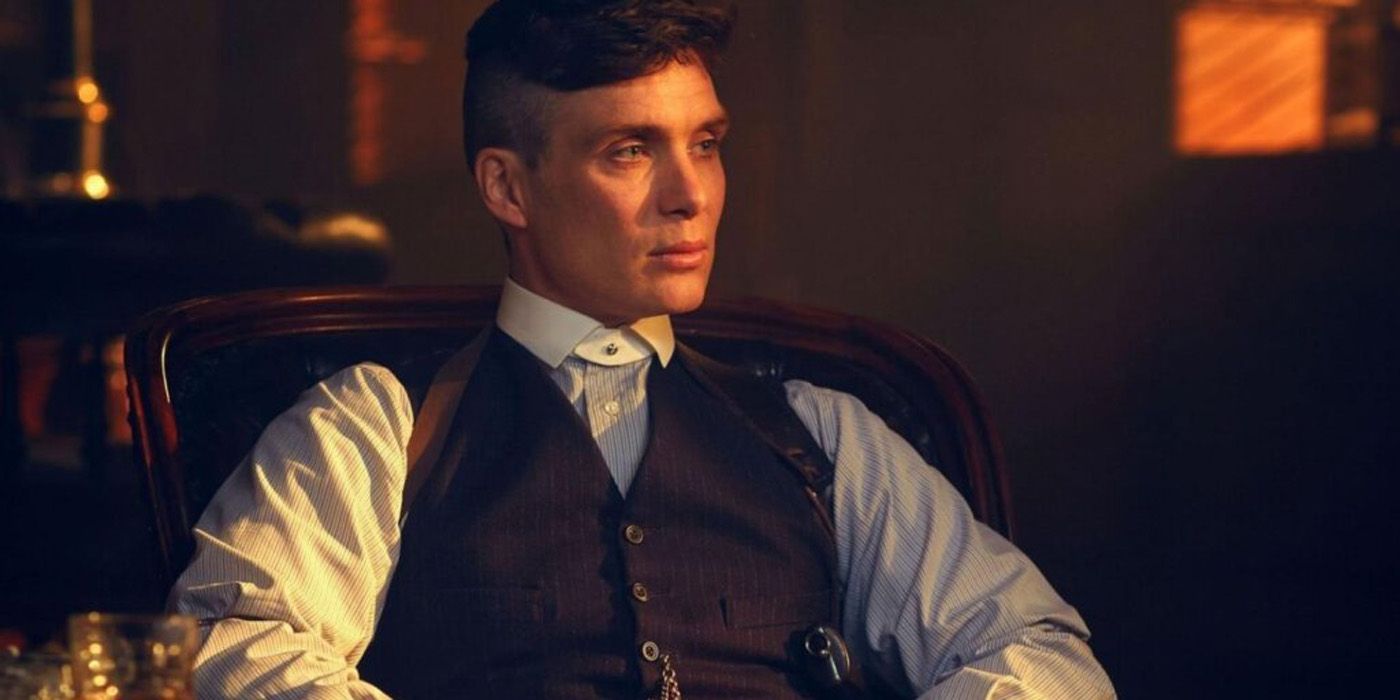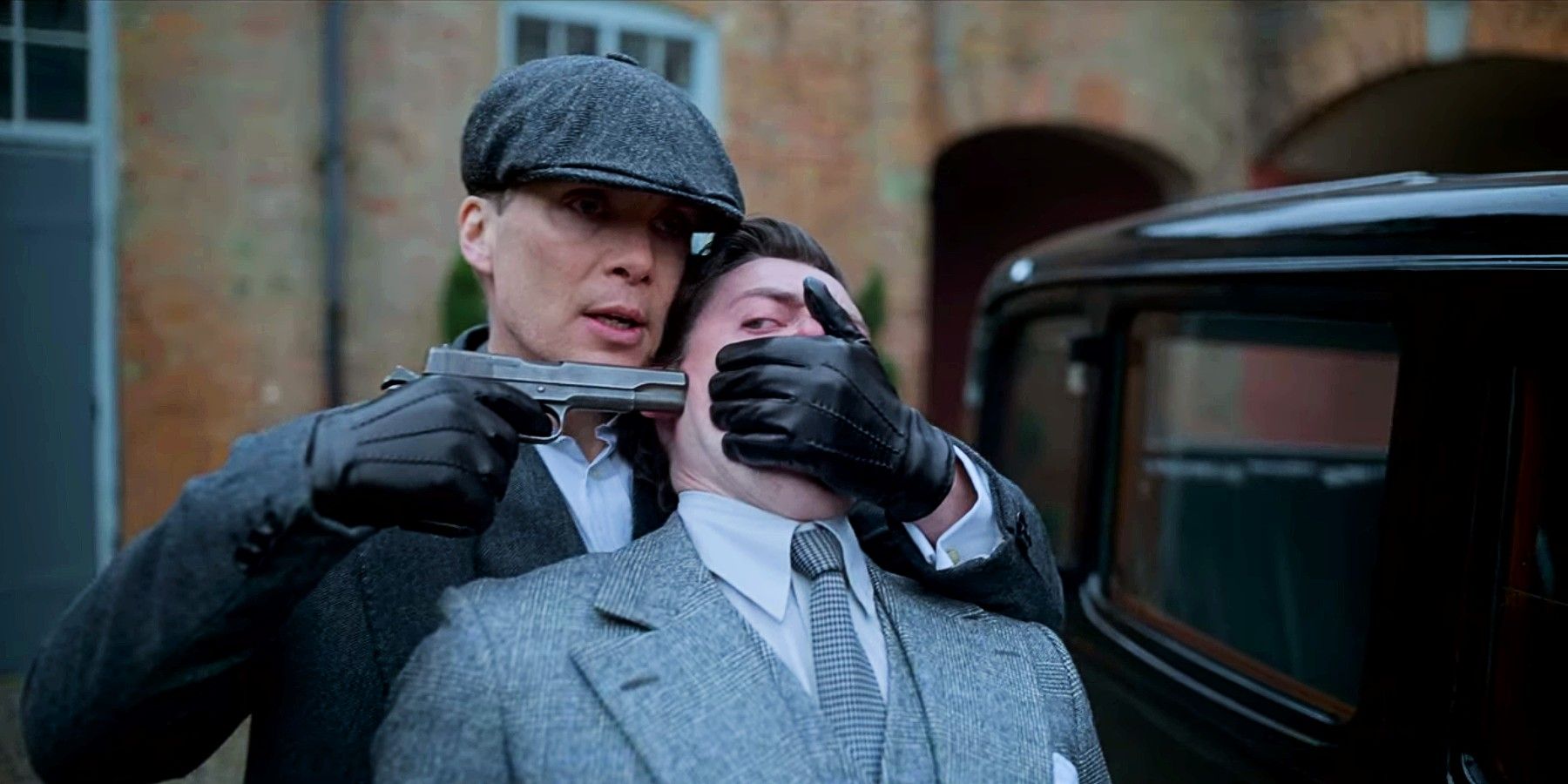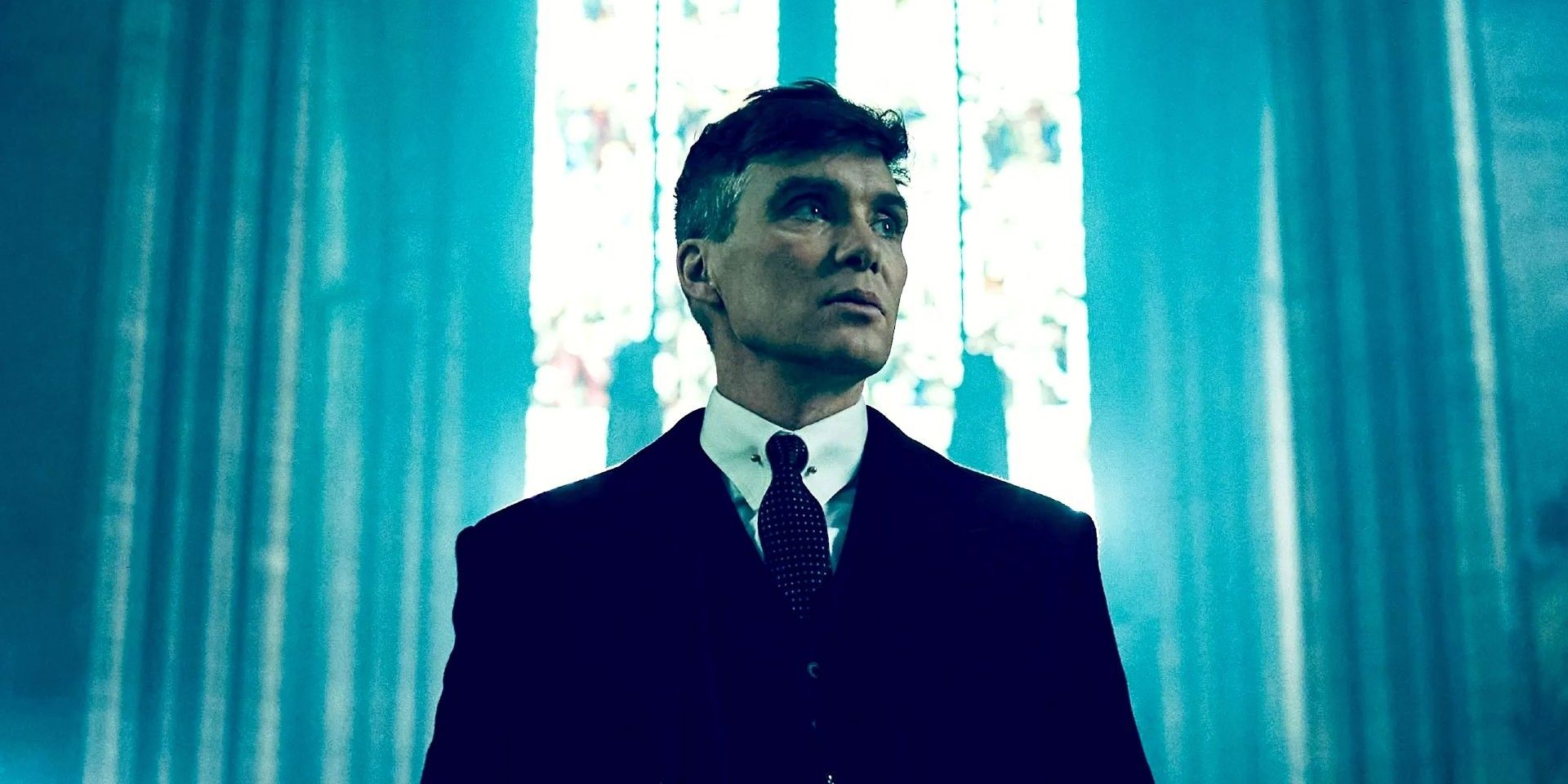
Every Time “In The Bleak Midwinter” Is Quoted (& Why)
Summary
- Tommy and the Small Heath Rifles find comfort in singing “In the Bleak Mid-Winter” near death in World War I trenches.
- The carol is used to symbolize acceptance of imminent death, signifying borrowed time and extra life for the characters.
- Despite its traditional Christmas origins, the song provides a contrast by foreshadowing and celebrating life’s blessings in
Peaky Blinders.
The “In the Bleak Mid-Winter” Peaky Blinders reference has become a key element, as the traditional Christmas carol is often quoted when the main characters are near death. “In the Bleak Mid-Winter” was originally a poem until it was popularized as an anthem by composer Harold Darke in 1909. While it may seem strange to be quoting a Christmas carol when facing imminent death, the song was a favorite of British troops who often sang the carol in the trenches during World War I. Tommy Shelby explains the “In the Bleak Mid-Winter” meaning and why it is used so often.
Following the death of John Shelby in Peaky Blinders season 4, Tommy tells the crowd at the funeral how they sang this song when he and the rest of the Small Heath Rifles were trapped behind enemy lines, cut off from the retreat, and out of bullets. They expected to be overrun and killed by Prussian cavalry at any moment, so they sang “In the Bleak Mid-Winter” to provide some comfort before their death. Luckily, the cavalry never came, and the Small Heath Rifles decided afterward that from then on, every minute they lived was extra.
Peaky Blinders
is available to stream on Netflix.
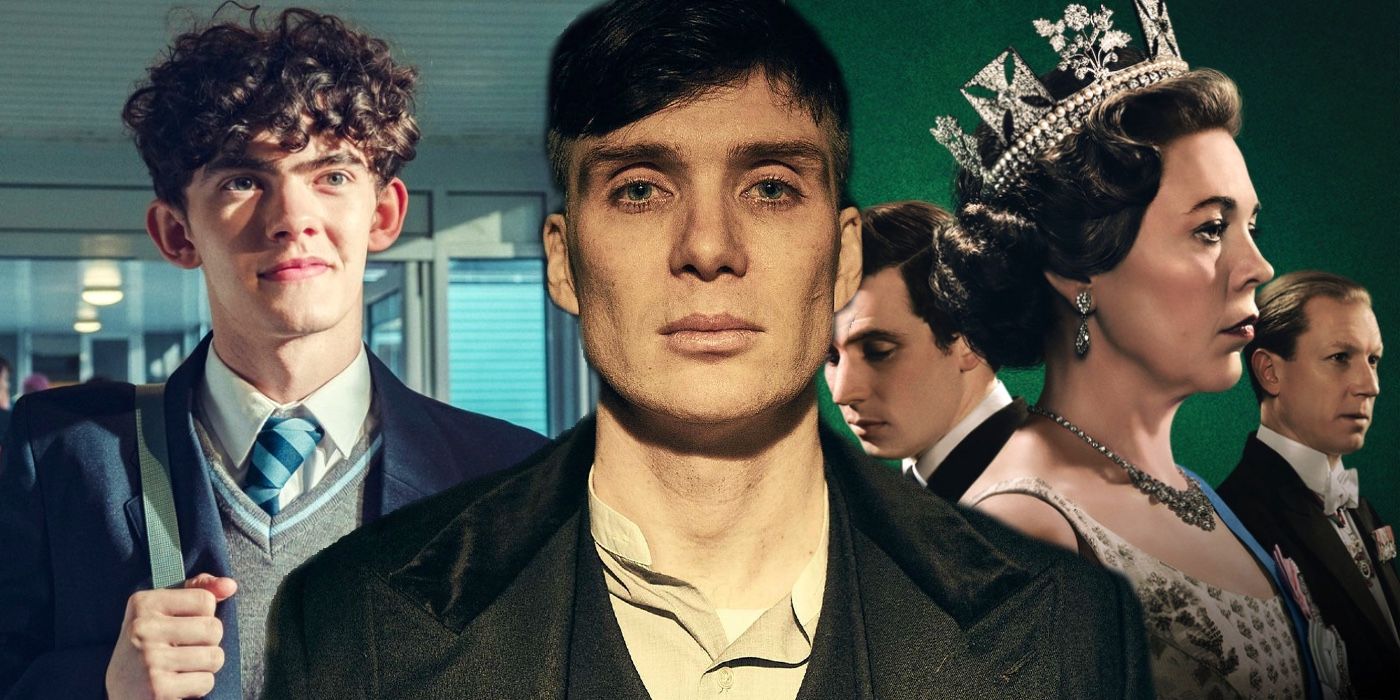
25 Best British Shows On Netflix, Ranked
Netflix is known for featuring programming from all over the world, and the UK has delivered some truly incredible TV shows to binge-watch.
Season 1, Episode 1
Tommy Utters The Carol When Faking Danny’s Death
The first “In the Bleak Mid-Winter” Peaky Blinders appearance is in season 1, episode 1, when Tommy fakes the killing of one of his comrades from the war, Danny Whizz-Bang. Danny suffers from severe post-traumatic stress syndrome (PTSD) from his time in France. During a fit of hysteria brought on by his PTSD, Danny kills an Italian in an Italian gang’s territory, forcing Tommy to either hand Danny over or start a war with the Italians. Tommy instead decides to fake killing Danny himself, by using a bullet case stuffed with sheep brains.
Tommy uses the phrase here to remind Danny (who thinks he’s really being shot) of the agreement he and Tommy made during the war. He says it to give Danny peace by reminding him that they’ve been living on borrowed time and should have died years ago. The way the Small Heath Rifles see it, they died at war that day in France. Tommy and the others recognize that a part of them did die in the blood and gore of the trenches. Even Danny recognizes it when he tells Tommy “I died over there anyway Tommy.“
Season 2, Episode 6
Tommy Utters The Carol When He’s Kidnapped By The IRA
The next “In the Bleak Mid-Winter” Peaky Blinders moment comes in the season 2 finale. At the end of the episode, Tommy is kidnapped from the Epsom racetracks by a group of Irish Republican Army operatives. They drive Tommy out into the remote countryside where they already have a grave dug for him. Tommy is forced onto his knees, a gun is put to his head, and having already accepted his death, he utters “In the Bleak Mid-Winter.” One of the IRA operatives then shoots his companions and reveals to Tommy that he is a spy working for Winston Churchill.
Before Tommy Shelby dies, he is determined to be at peace with it. When the IRA operatives put the gun to his head, he mutters “in the bleak mid-winter” to himself as a reminder that he’s already “died” once. Just before he’s forced to his knees, Tommy bemoans how close he is to reaching his goals for himself and his family. Quoting “In the Bleak Mid-Winter” reminds him not to be angry at what he didn’t accomplish, but to accept the extra time he had in the world and go into death willingly.
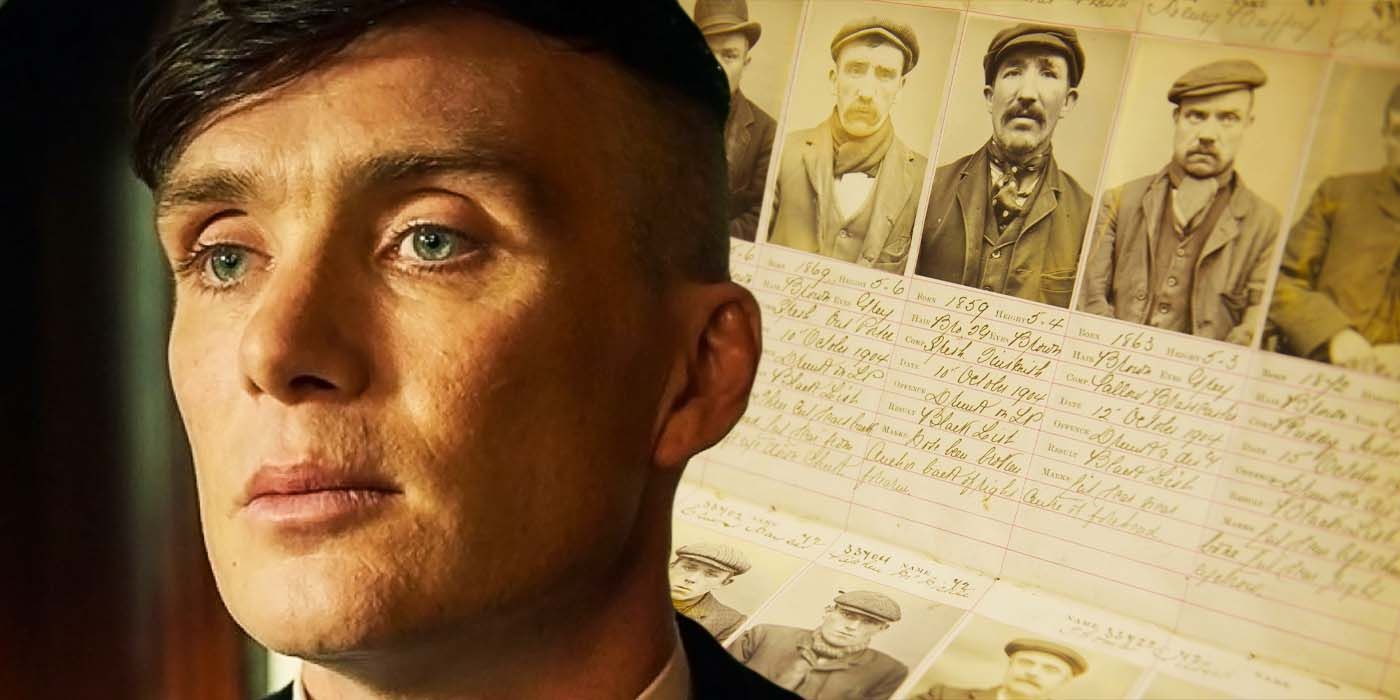
Peaky Blinders: The True Story Behind The Shelby Family’s Romani Heritage
Cillian Murphy’s Thomas Shelby and many other characters on Peaky Blinders call themselves “gypsies,” but what is the true story of the Romani?
Season 3, Episode 1
The Choir Sings The Carol At Tommy & Grace’s Wedding
“In the Bleak Mid-Winter” appears again in the very next episode of Peaky Blinders. The season 3 premiere begins with Tommy and Grace getting married and the choir sings the song as the ceremony begins and Grace walks down the aisle. It is important to note that Grace is killed shortly after their wedding, so “In the Bleak Mid-Winter” could be meant to foreshadow that. While none of the main characters are quoting the song in this instance, the decision to use “In the Bleak Mid-Winter” for Tommy’s wedding is certainly significant.
While the use of “In the Bleak Mid-Winter” might have been meant in part to foreshadow Grace’s death, it’s also meant as a contrast to the phrase’s normal use for the Peaky boys. Typically, they quote the song when they’re about to die as a reminder that they’re living on extra time anyway. In this case, however, the song is used to show that good things can come from their extra time as well. They should be thankful for the second chance at life after something good happens too, not just when they’re about to die.
Season 4, Episode 1
Arthur & John Quote The Carol With Nooses Around Their Necks
The next time they quote the song is when Arthur nearly dies in Peaky Blinders season 4 with his brother John and their cousin Michael. They are all set to be executed for their crimes in the previous season, but Tommy is able to secure their release as the nooses are literally around their necks. When the nooses are tied around Arthur and John’s necks, they invoke their motto, “In the Bleak Mid-Winter.”
In this case, the brothers are using the phrase to prepare themselves for death, much like Tommy did in the season 2 finale. They say it to remind themselves of their agreement to accept death when it finally did come. Both John and Arthur are prepared to die at any moment and the use of the quote, “in the bleak mid-winter,” is just a way of reminding themselves not to be afraid.
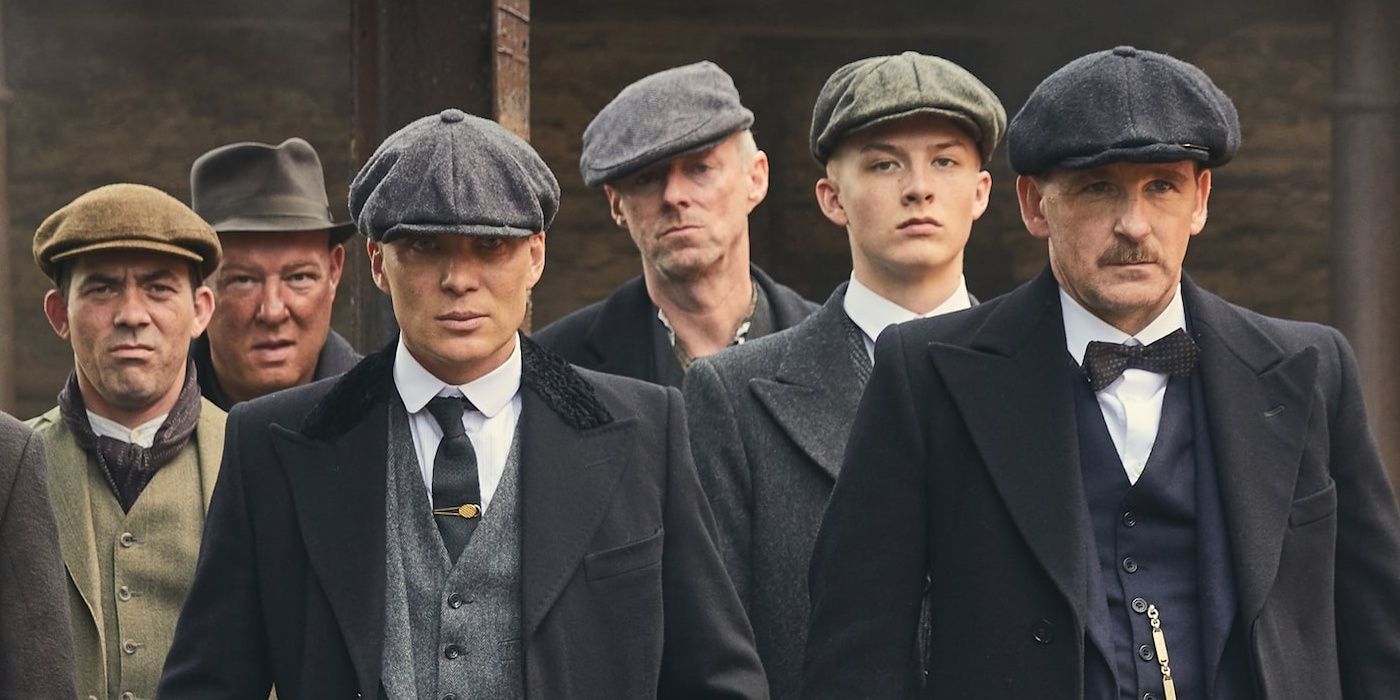
How Peaky Blinders Changed British Period Drama
Peaky Blinders subverts many of the tropes of British period dramas. In doing so, it may have set a precedent for future entries in the genre.
Season 4, Episode 2
Tommy Quotes The Carol Upon Viewing John’s Body In The Morgue
The next time “In the Bleak Mid-Winter” is quoted is one of the saddest moments in the series — the death of John Shelby.Peaky Blinders is full of shocking twists, but the death of John Shelby is one of the most gut-wrenching. After John’s death, Arthur and Tommy go to see his body in the morgue. As they stand over John’s corpse, Tommy mutters “In the Bleak Mid-Winter,” and then forces Arthur to say it with him. The song itself also appears later at John’s funeral when Tommy explains the words’ significance to the crowd of mourners.
In this instance, Tommy and Arthur are forcing themselves not to be angry about John dying so young by invoking the words. The way they see it, they all died in France, so they should not let themselves be taken over by grief. John got to live an extra life, and they are trying to remind themselves to be grateful for the extra time they had with him.
Season 6, Episode 6
Tommy Mentions The Carol When He’s About To Shoot Himself
The end of Peaky Blinders season 6 is the final time the words “In the Bleak Mid-Winter” are quoted. It happens when Tommy is preparing to die by suicide because he thinks he’s dying of tuberculoma. He invokes the words as he lifts his gun to his head, just before the apparition of his dead daughter, Ruby, appears and convinces him to investigate further. Luckily for Tommy, he finds out his doctor is a Nazi and the tuberculoma was a lie.
Tommy says “In the Bleak Mid-Winter” here as a way of resigning himself to death. He knows he’s already lived much longer than he should have, and he wants to be ready for death. This is a similar situation to his brush with death in Peaky Blinders season 2 when he thinks the IRA operatives are about to kill him. Tommy uses the words as a goodbye to the world and a final salute to the Small Heath Rifles.
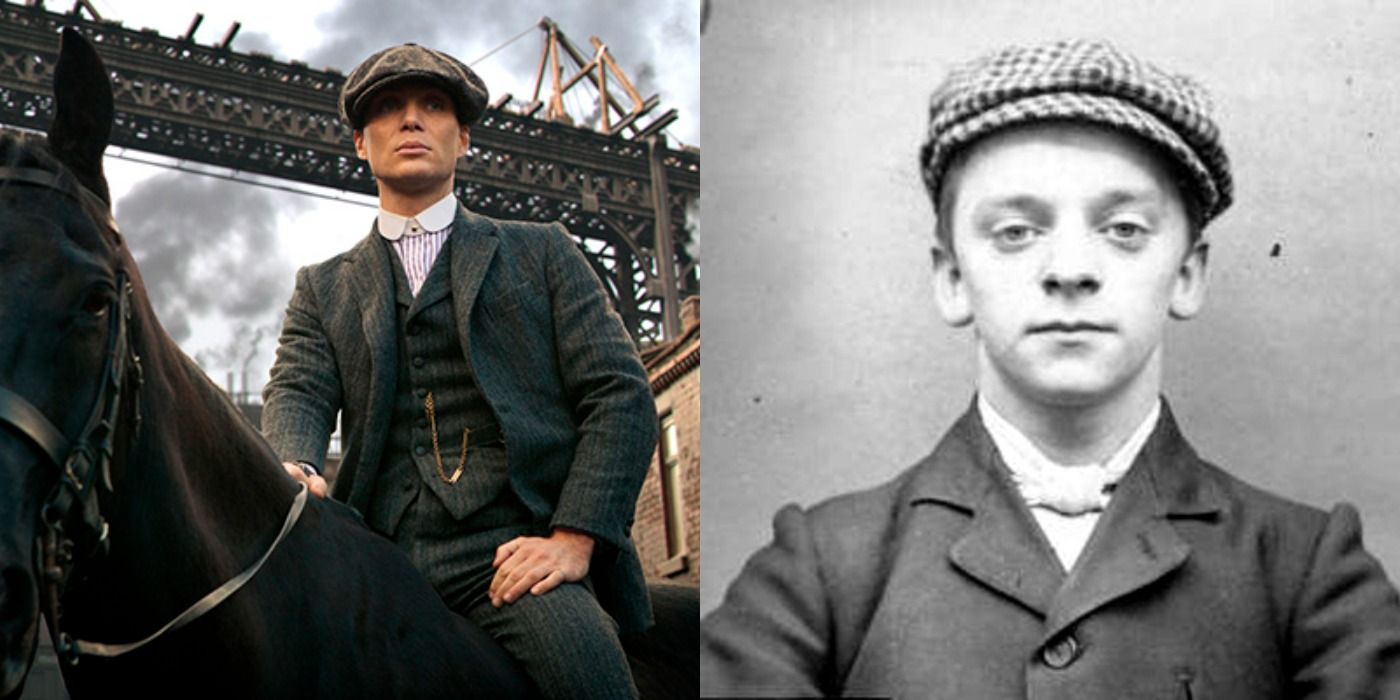
Peaky Blinders: 5 Things That Are Historically Accurate (& 5 That Aren’t)
Peaky Blinders’ historical accuracy is a part of what has made the show so popular. But how historically accurate is Peaky Blinders, really?
The Peaky Blinders Movie Should Reference In The Bleak Midwinter
Tommy’s Last Words In The Movie Being The Carol Would Be A Fitting End
The “In the Bleak Mid-Winter” Peaky Blinders trend has become such a big part of the show that it is all but guaranteed that it will be included in the planned Peaky Blinders movie. While there are still few details surrounding the movie, there are a few directions it could take. It will either focus on Tommy Shelby starting a new life in a world that thinks he is dead, or it will focus on his seeking revenge against Oswald Mosley. In either case, it can be expected that Tommy’s life will hang in the balance at some point.
While it is unclear if the Peaky Blinders movie will bring Tommy Shelby’s story to a conclusive end, there is a chance the Peaky Blinders protagonist will not survive. Whether it is a violent end that Tommy has seemingly been heading towards his entire life or a peaceful end he had hoped for, the use of “In the Bleak Mid-Winter” is essential in finishing his story. With it being recited so often with near-death and the dear of those around Tommy, hearing him speak this quote as his final words would feel like a fitting end for the complex character.
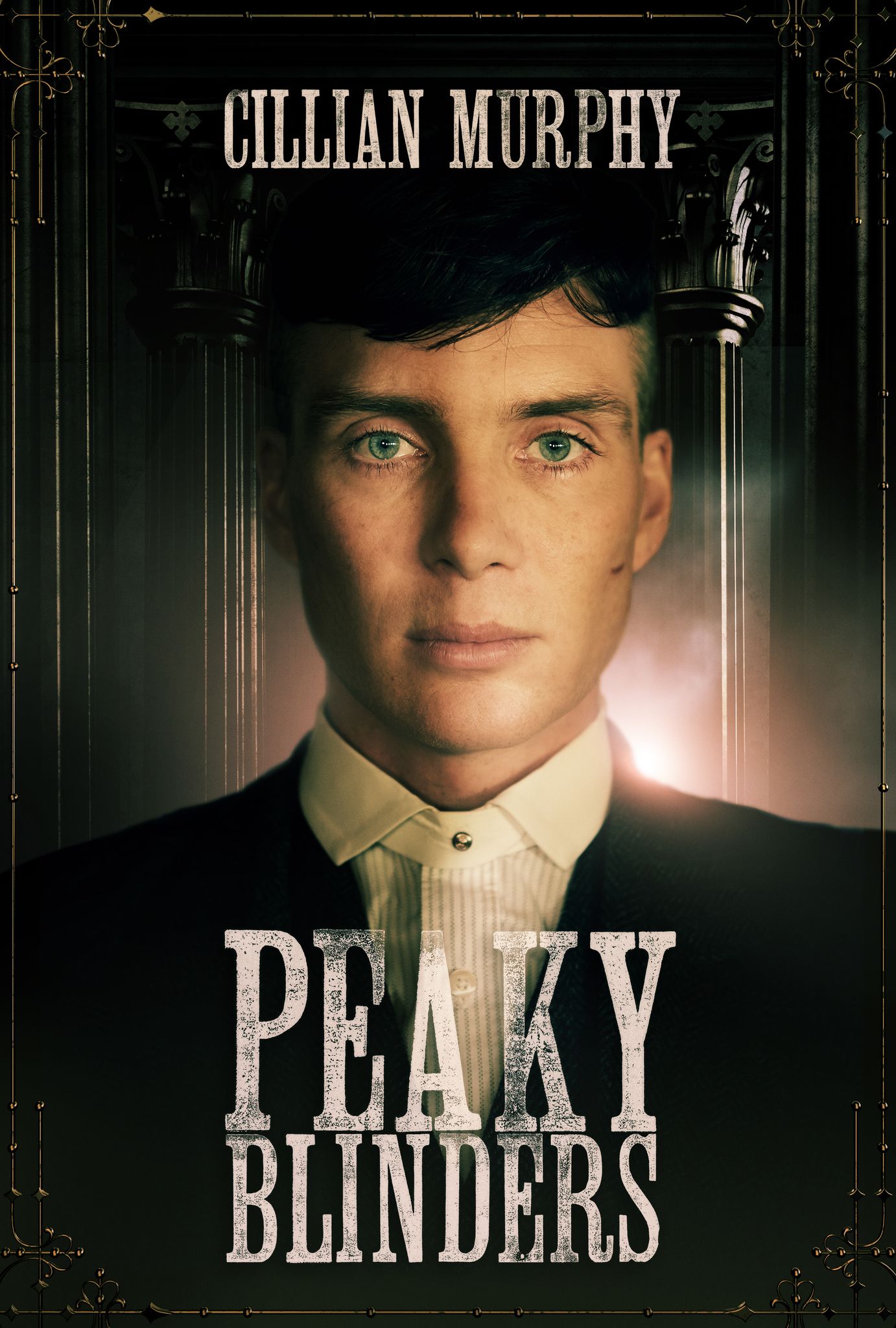
Peaky Blinders
Peaky Blinders is a historical crime drama created and written by Steven Knight and starring Cillian Murphy, Sam Neill, and Helen McCrory. The television show is based on the gang, Peaky Blinders, a group that banded together after the end of World War I.
- Cast
- Annabelle Wallis , Ian Peck , Helen McCrory , Paul Anderson , Cillian Murphy , Ned Dennehy , Aimee-Ffion Edwards , Sam Neill , Sophie Rundle , Tony Pitts , Joe Cole
- Release Date
- September 12, 2013
- Seasons
- 6
- Writers
- Steven Knight
- Directors
- Otto Bathurst , Tom Harper , Colm McCarthy , Tim Mielants , David Caffrey , Anthony Byrne
- Showrunner
- Steven Knight

